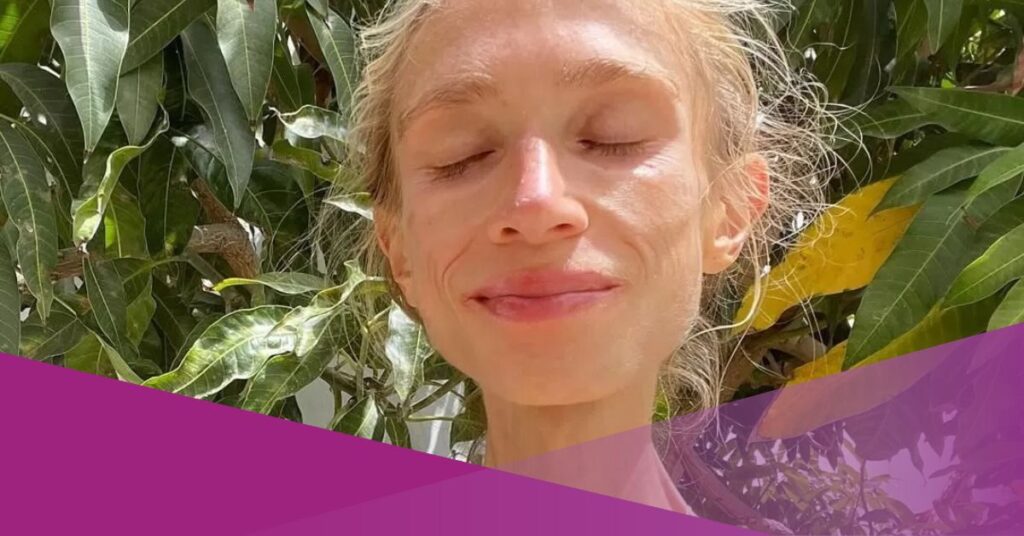In December 2024, 27-year-old Polish woman Karolina Krzyzak died at the Sumberkima Hill Resort in Bali. She weighed only 22 kilograms. Her death was caused by severe malnutrition after years of following an extreme fruitarian diet.
The news resurfaced in early October 2025, reported by The Cut and later by international outlets including The Sun and Mirror. Social media was shocked by the case, with many questioning the dangers of restrictive diets.
According to reports, Karolina checked into the resort on 8 December 2024, around 11 p.m. She asked the staff for meals consisting only of fruit and requested that they be delivered directly to her room.
Bernard Hudepohl, the resort owner, recalled that he did not find this unusual at first, as guests often requested vegan or detox meals.
What alarmed him was her physical condition.
“Her sunken eyes and prominent collarbones shocked me and the staff,” Hudepohl told the media.
Staff noticed she was too weak to walk unaided and assisted her to her room. They even suggested she see a doctor, but she refused.
Isolated and Growing Weaker
For the next two days, Karolina remained in her room, occasionally sitting on the veranda. Her condition worsened, and staff became increasingly concerned.
On 11 December, an acquaintance who had been messaging her grew suspicious when she stopped replying and asked staff to check on her. They found her lying unconscious on the floor. She had already died.
Reports later confirmed that Karolina had been following a fruit-only diet since the age of 19. She refused any food containing protein or fat. A former student at the University of Leeds, she was well known online for promoting veganism.
On Instagram, she once wrote that veganism had “opened her eyes to so many things” and often spoke about her gratitude for adopting it.
Her posts and livestreams attracted followers who praised her slim figure. Yet images showed clear signs of malnutrition: yellowing nails, decayed teeth and an emaciated frame.
According to the Mirror, Karolina travelled to Bali not just for a holiday but also to attend a raw veganism meeting and a discussion about fruitarian diets. By November 2024, her health had deteriorated significantly.
Friends and contacts urged her to seek medical help and contact her family. She declined, insisting on continuing her strict regime.
The Risks of a Fruit-Only Diet
Health experts stress that an all-fruit diet is dangerous. WebMD notes that fruit lacks essential protein and healthy fats, which the body needs to build muscle, maintain hormones and support brain function.
Without these, the body risks muscle damage, fatigue and hormonal imbalance.
Such diets also create vitamin and mineral deficiencies. Essential nutrients like B12, iron, calcium and zinc are missing from fruit. Deficiency in these can cause anaemia, brittle bones and impaired brain function.
Another problem is unstable blood sugar. Fruit is high in natural fructose, and without balancing fibre or protein, blood sugar levels can swing dramatically. In the long term, this increases the risk of diabetes and other metabolic disorders.
Karolina’s case is a tragic reminder of how extreme diets can spiral into life-threatening conditions. Fruit is healthy as part of a balanced diet, but experts warn that relying on it exclusively deprives the body of what it truly needs.



































